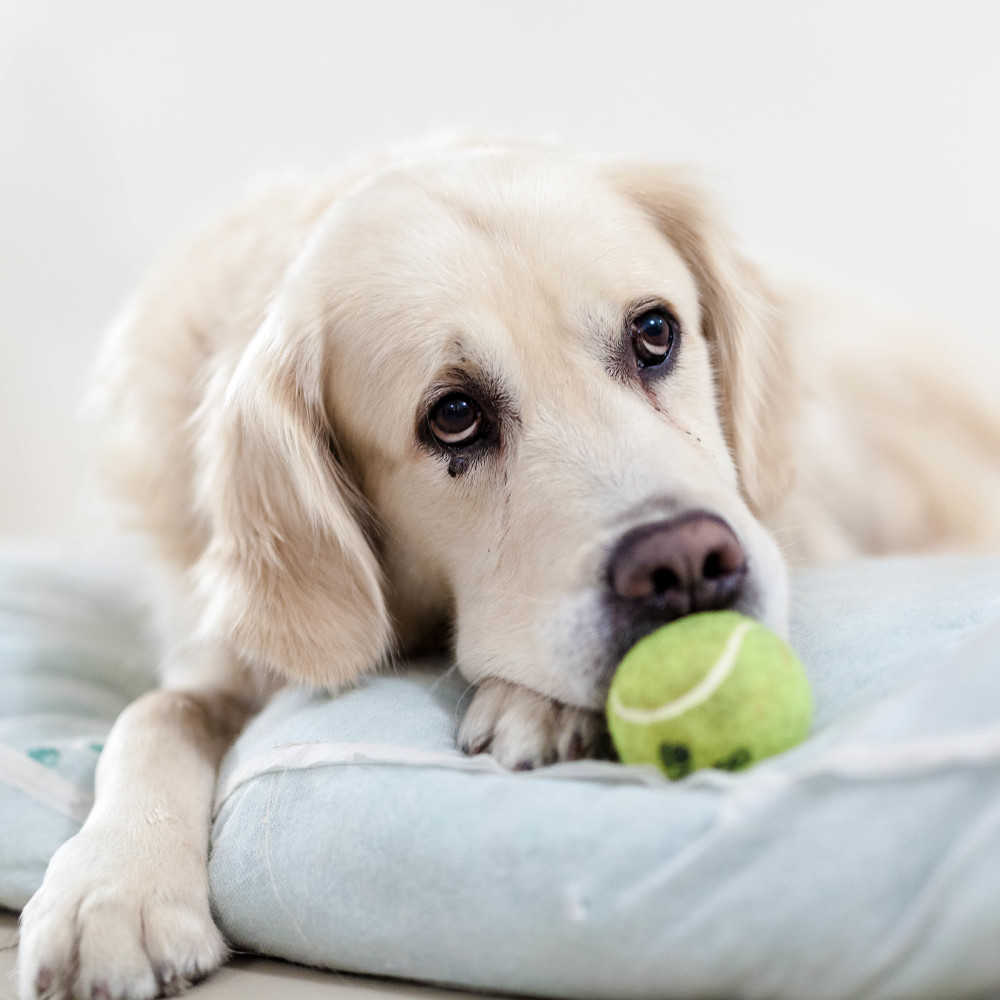When it comes to ensuring a healthy, happy pet, weight is paramount. For pets, being overweight can lead to a number of health complications, such as joint and ligament strain, skin and coat problems, lethargy and an increased risk of developing diabetes; something which is more common in cats.
Giving your pet the right nutrition will help them stay on top form by boosting their energy, keeping their skin and coat healthy and improving their immune system.
Bob Martin's vet, Caroline Marsden, has put together these top tips on how to manage your pet's weight and diet easily this spring
1. Quality Food Matters - When choosing food for your pet it is important to pick a trusted brand. Low quality food can often include unwanted chemicals which can cause your pets to gain excess fat as well as being difficult to digest. Try Bob Martin's Simply range of vet approved adult dog food specially formulated with essential vitamins and minerals to help achieve a balanced diet and keep your dog lean and healthy.
2. Make Exercise Fun - Regular exercise doesn't just help burn additional calories; it helps strengthen joints and muscles, enhances flexibility and keeps your pet happy. Some dogs need a little encouragement to keep active, so try taking a squeaky ball on a walk - you can even get special ball throwers meaning your dog has to run even further. Swimming is fantastic exercise and great for joints so take your dog for a dip in a safe area such as a pond, lake or slow flowing stream.
3. Brain Training - Try scattering small amounts of your pet's food in different locations in your home and garden, to encourage them to use their natural instinct to track it down. This will engage their mind as well as getting their blood pumping. If taking dry food with you on walks, remember to keep track of how much you feed your pet and reduce the meals sizes accordingly to ensure the calories don't stack up!
4. If In Doubt, Check - As a rule, you should be able to feel your pet's spine and ribs as you gently run your fingers over your pet's body. However, regular examinations from the vet are important to help monitor your pet's weight. If you can't visit your regular vet try the Bob Martin Ask a Vet service to speak to a professional over the phone, they can give you practical advice and guidance on how much your pet should weigh.
5. Tailor Exercise To Your Pet's Needs - Be mindful of the exercise your pet needs to maintain a healthy weight and tailor their routine gradually. For example, puppies should be exercised little and often; a good guide is to give them five minutes exercise for every month of age, a couple of times a day. And it varies by breed, a small Chihuahua may not need as much exercise as a bouncy Springer Spaniel. The same applies to cats and small animals such as guinea pigs and hamsters.

Keep your pets healthy and happy

